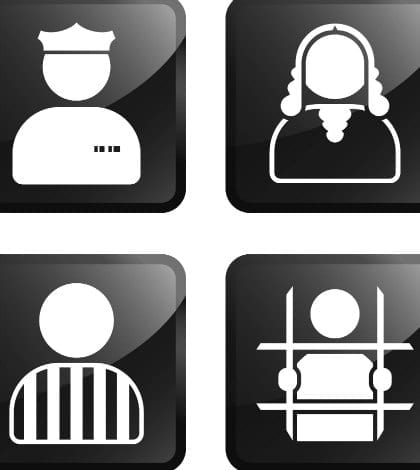No More Enrons: Why DOJ Doesn’t Prosecute Executives
July 13, 2017

Many critics have assumed that after the financial crisis of 2008, despite overwhelming evidence of fraud, there was a conscious decision to back off on prosecuting executives – possibly because of the influence of Wall Street in the Obama administration. According to Pulitzer Prize winning author Jesse Eisinger, as detailed in his recent book “The Chickenshit Club: Why the Justice Department Fails to Prosecute Executives,” the explanation is more complicated. He gives the short version in this interview with NPR’s Terry Gross. Fallout from the prosecution of accounting firm Arthur Andersen, he says, was a key factor. The firm was clearly culpable, having destroyed tons of documents related to Enron and refusing to settle a case brought against it by DOJ. Nonetheless the firm’s subsequent demise, with the loss of many jobs, precipitated a backlash from which the DOJ, in a sense, has never recovered. By the time the 2008 financial crisis hit, it had different priorities, a different modus operandi and, crucially, a different “skill set” among its ranks. Another key factor post-2008 was the willingness of DOJ to allow companies to self-investigate and then invoke privilege to keep the most damning evidence out of the hands of prosecutors. The title of Eisinger’s book came from none other than James Comey, the former FBI director who was fired by Donald Trump. Earlier in his career, Comey was U.S. attorney for the Southern District of New York,. He is said to have once, at a meeting, dressed down the district’s hotshot prosecutors with a kind of managerial sucker punch. First he asked how many had never lost a case. When a number of them raised their hands, he turned on them for playing it too safe, using a term that became the title of Eisinger’s book.
Read full article at:
Daily Updates
Sign up for our free daily newsletter for the latest news and business legal developments.



